In Albania’s politically charged atmosphere, the latest pre-election poll conducted by ABC News and the polling institute led by Anxhi Riccerke has injected fresh momentum – and no small amount of drama – into the race leading up to the May 11 elections.
According to the survey, Prime Minister Edi Rama and his Socialist Party (PS) have surged to 51.1% support, solidifying a commanding lead and leaving the opposition coalition scrambling to regroup.
Socialist Party Gains Ground in Key Regions
The numbers tell a compelling story, especially in the strategic regions of Fier and Elbasan. In Fier, where the Socialist Party had previously lost its 10th mandate during the 2021 elections, Rama’s party now appears not only to have reclaimed it but is even approaching an 11th mandate – provided that smaller parties fail to cross the electoral threshold. As ABC News noted, “The Socialist Party is close to achieving an unprecedented result,” underlining the growing strength of PS outside of Tirana.
Similarly, in Elbasan, the Socialist Party is poised to defend its dominance while opposition parties continue to hemorrhage support.
Opposition Struggles Deepen
Meanwhile, the opposition – an uneasy alliance between former Prime Minister Sali Berisha and former President Ilir Meta – is witnessing a sharp decline. In Fier, the Democratic Party (PD) and the former Socialist Movement for Integration (LSI) have dropped by 5%, leading to the loss of two parliamentary seats (ABC News, April 2025). Defections, such as those of Enkelejd Alibeaj and Agron Kapllanaj, have compounded the crisis, slashing the opposition’s mandates in the region to a mere five.
The situation in Elbasan mirrors this trend. There, the Democratic opposition faces the possibility of losing two additional mandates, with a reported 6% fall in support. Particularly damaging has been the absence of influential figures like Dashnor Sula, whose departure has left a noticeable leadership void.
Smaller Parties Fail to Make an Impact
One critical trend highlighted by ABC News is the failure of minor parties to capture significant voter attention. “The votes of the smaller parties are effectively flowing to the leading party,” the report states, meaning that the Socialist Party benefits directly from the erosion of the opposition’s fringe support.
Voter Sentiment: Apathy and Selective Enthusiasm
Despite these sweeping numbers, overall voter enthusiasm remains lukewarm. About 34% of respondents approved of Rama’s campaign rallies and speeches—many of which featured colorful, sometimes controversial remarks. In contrast, only 18% showed approval for the Democratic Party’s efforts. Analysts at ABC News observed that “voters seem to prefer Berisha’s traditional fierceness over his attempts at softer messaging,” suggesting that Berisha’s aging image and grandiose promises are failing to inspire the electorate.
Leadership Ratings: Rama Pulls Ahead
When it comes to leadership approval, Rama is clearly pulling away. 53% of voters view him favorably both as Prime Minister and party leader. In contrast, Sali Berisha finds himself in a complicated position: not only battling Rama but also struggling to maintain authority within his own camp. Notably, Agron Shehaj and Berisha are now tied in approval ratings at 33.7%, while Adriatik Lapaj, an outsider candidate, is gaining surprising momentum by outperforming traditional opposition figures (ABC News, April 2025).
What Comes Next?
The survey, based on interviews with 8,400 citizens, of which 3,000 completed the full questionnaire, is the second part of a three-part series conducted by ABC News and Anxhi Riccerke. The final installment, expected next Monday on Real Story, will focus on the crucial regions of Tirana and Shkodër, which could ultimately determine the final balance of power. Observers eagerly await whether the Socialist Party’s rise will endure through the final sprint to election day – or if the opposition can stage a late comeback.


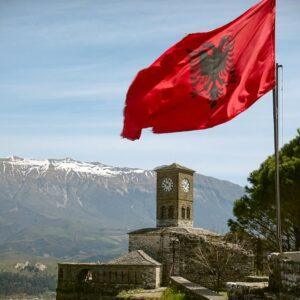



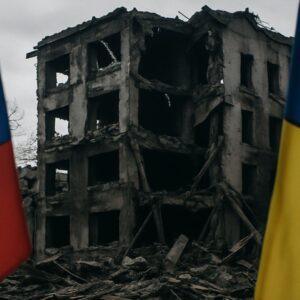

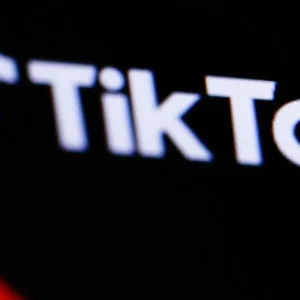
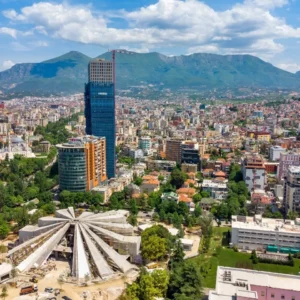



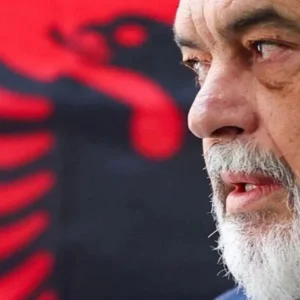
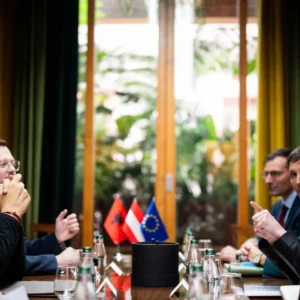
Recent Comments